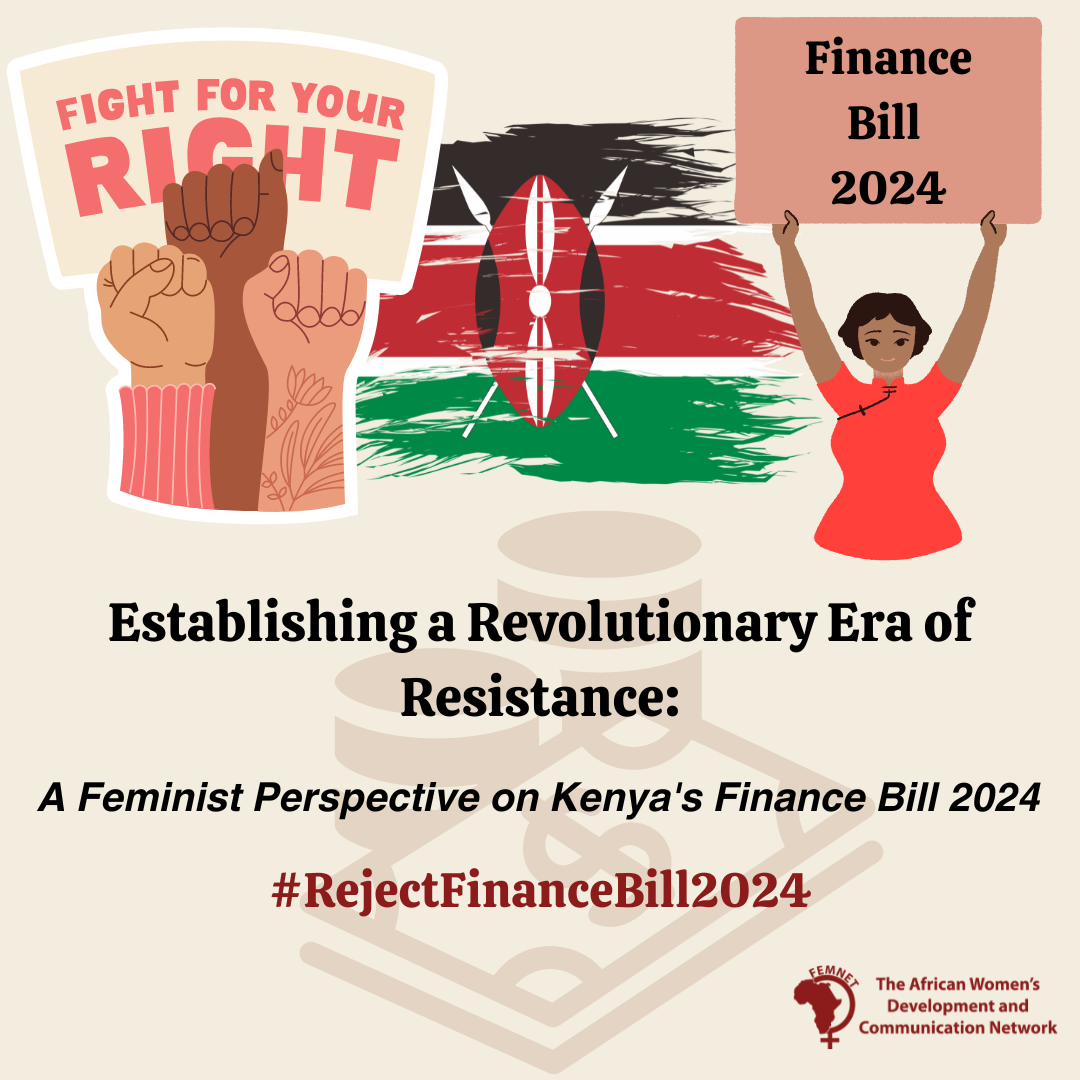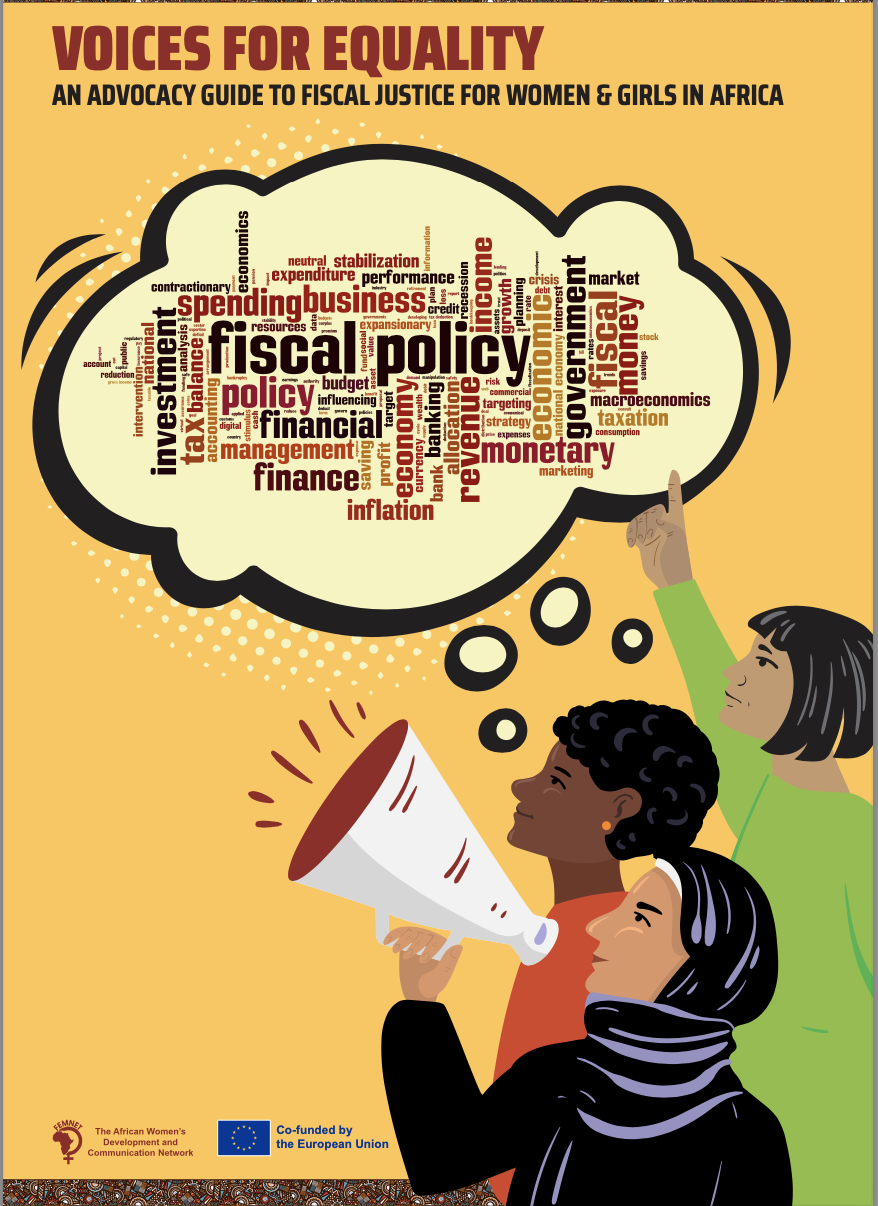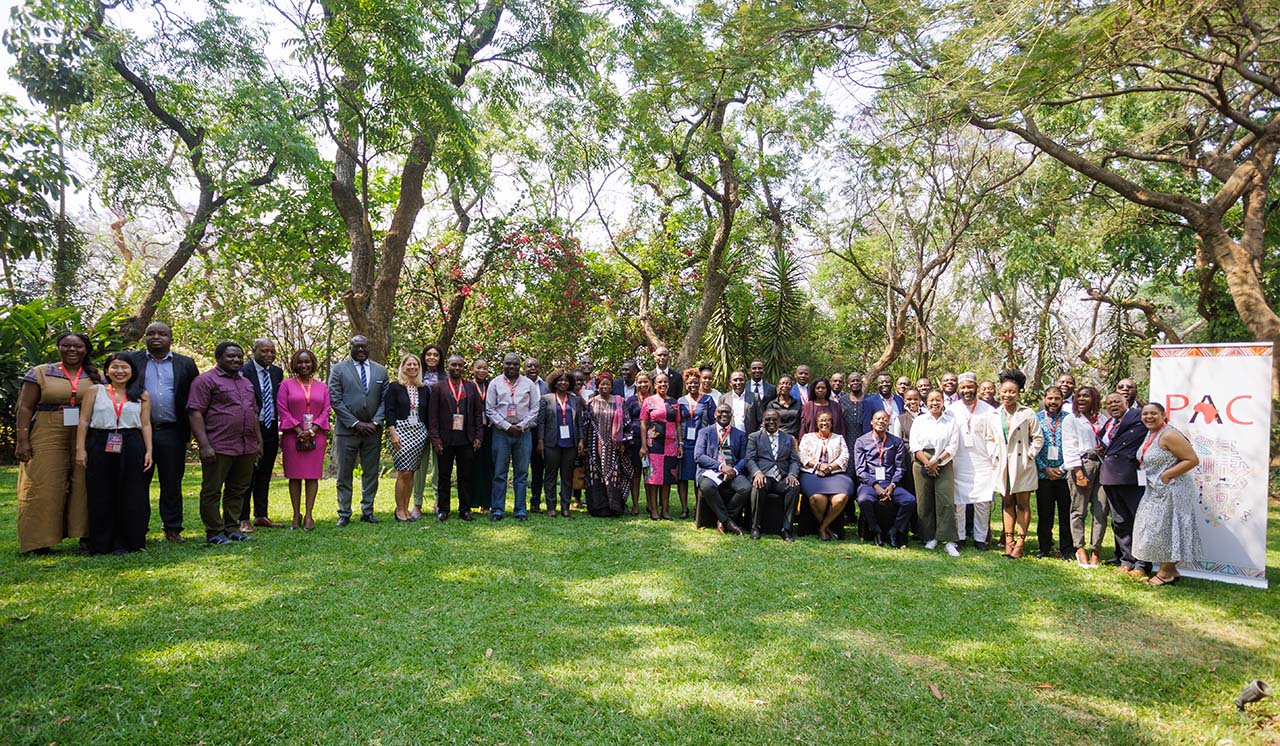
Amplifying African Feminist Voices in the Fight against Illicit Financial Flows towards Tax Justice
Africa loses about US$88.6 billion, 3.7 per cent of its gross domestic product (GDP) annually in illicit financial flows. This has had diverse effects on the population, particularly among young women and girls who disproportionately bear the brunt of regressive fiscal policies. Significant revenues continue to leak through international corporate tax avoidance, corruption, abusive profit-shifting, and trade mis-invoicing, costing the continent almost 30 percent of its wealth, stashed in tax havens, amidst stagnating domestic revenue, rising public debt and economic shocks resulting from the COVID-19 pandemic and emerging climate crisis.
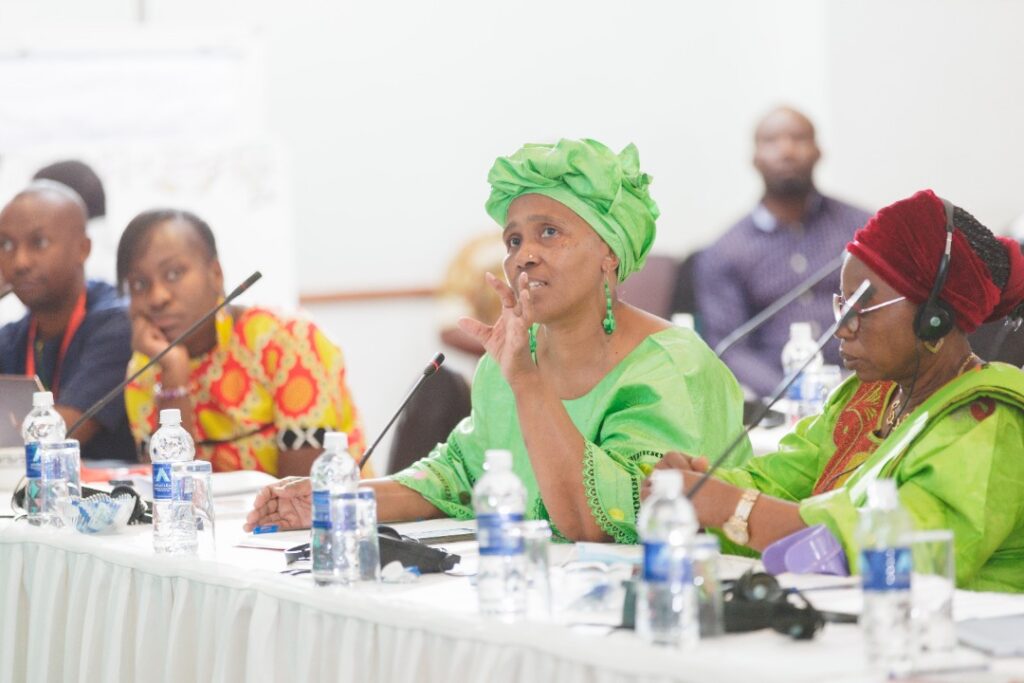
This unfavorable situation is compounded by unbalanced tax systems that do not adequately collect and redistribute resources in a gender-responsive way. Markedly, illicit outflows constitute 5.5 percent of Africa’s GDP and are larger than incoming total foreign direct investment and the sum total of all official development assistance (ODA) flowing into the continent. This makes it challenging for African countries to fulfill their commitments to gender equitable development. The fight against Illicit Financial Flows (IFFs) is therefore a war against inequality and injustice. It is a war that cannot be complete without concerted efforts between governments, civil society organizations and women rights institutions. It is against this backdrop that the FEMNET Secretariat, its members and partners, challenge economic injustices that are instituted through IFFs.
The Dialogue
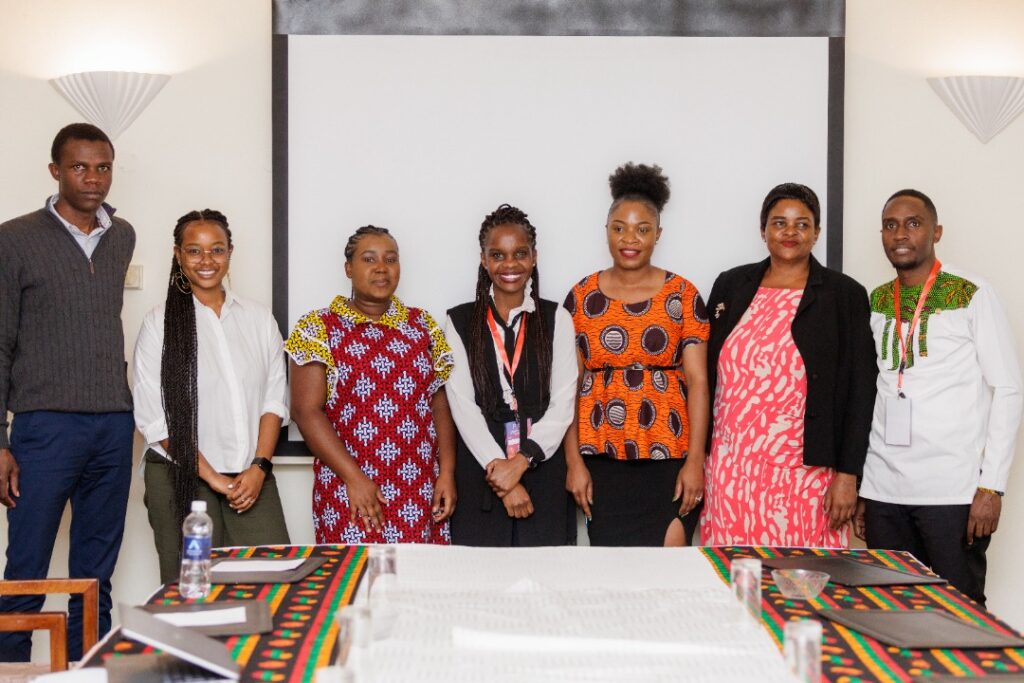
FEMNET in partnership with the Oxfam Pan-African Programme (PAP) held a panel discussion dabbed the IFFs, Gender and Inequality. The session was part of the 10th Pan African Conference on Illicit Financial Flows and Tax in Lusaka Zambia. The panel consisted of Tendai Miti from the Sister Sister Foundation in Zambia, Nivatiti Nandujja from Oxfam In Uganda, Jane Zulu from CUTS Zambia, Gerald Byarugaba from Oxfam Horn of Eastern and Central Africa, and was moderated by Wambere Mugo from FEMNET. The discussants deconstructed the dual challenges of IFFs and inequality while highlighting the need for instituting gender-equitable macroeconomic policies that prioritize on gender responsive budgeting. The ensuing are highlights from the panel discussion:
“Many patriarchists say that women are good in planning, however when it comes to the global scale, the same women are overlooked,” lamented Tendai Miti while unpacking inequality in technical forums.
“Technical language is used in discussing taxes and economic justice to gate-keep women from speaking” added Jane Zulu “We therefore need to have justice while talking about #TaxJustice”
Painstakingly, Gerald Byarugaba illustrated how African women and girls are disadvantaged by IFFs. In his view patriarchy continues to relegate African women and girls at the back burner because of the exacerbating levels on inequalities that ensue as a result of lost revenues and tax.
In the same vein, Nivatiti Nandujja noted that women have suffered enormously particularly after the post COVID economic phase. This is largely attributed to the high cost of inequality that continues to rise. In her remarks, Nandujja emphasized that the time is ripe for African governments to review the frameworks and agreements of multinationals so that incentives are not given at the expense to the health and well-being of African women and girls.
Conclusion
In general, there seems to be a limited participation of African women and girls in economic discourses that explore tax policy negotiations and tax administration. Limited participation in the aforementioned implies that African women and girls (continue to) loose out in accessing economic and political spheres of power. It is the loss of power and the loss of state resources through IFFs that disproportionally affects women, who are often more dependent on government services such as education, sexual and reproductive health initiatives, maternal care and social protection.
For more insights on the 10th Pan African Conference on Illicit Financial Flows and Tax and the discussions that ensued click here. This article was written and compiled by Imali Ngusale i.ngusale@femnet.or.ke .For more information on FEMNET’s work on Economic Justice and Rights write to Wambere Mugo via w.mugo@femnet.or.ke , Robert Ssuna r.ssuuna@femnet.or.ke and Mando Chiundaponde: m.chiundaponde@femnet.or.ke
Related Tags
Related Posts
Establishing a Revolutionary Era of Resistance: A Feminist Perspective on Kenya’s Finance Bill 2024
On June 20, 2024, citizens of Kenya from all regions of the country participated in a second round
Learn MoreVoices For Equality – An Advocacy Guide To Fiscal Justice For Women and Girls in Africa
The language of fiscal policy might often feel like navigating a highway of technical jargon. However, beneath the
Learn More
